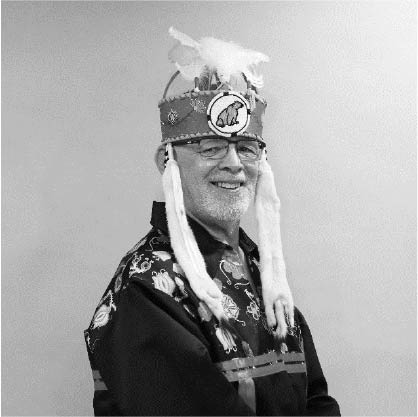
Board Chair – Melvin Hardy
Regional Deputy Grand Council Chief (RDGCC) Melvin Hardy was elected in June of 2021 to the Leadership Council Executive of Anishinabek Nation, representing the Northern Superior Region.
At Anishinabek Nation, RDGCC Hardy currently holds portfolios in the following areas:
- Giigoonh Dodem – Fish Clan – Lands & Resources
- Makwa Dodem – Bear Clan – Health & Healing
Throughout his work, RDGCC Hardy aims to address the priorities of the First Nations within the Northern Superior Region, and the Anishinabek Nation as a whole.
RDGCC Hardy is a veteran of the Canadian Army, having served as paratrooper from 1979 to 1985. This service has shaped his work ethic, dedication, and commitment to the roles he takes on and has enhanced his leadership skills to the benefit of his community and the Anishinabek Nation.
RDGCC Hardy attended Lakehead University and Ryerson University in working towards a Bachelor of Arts degree and has worked in the areas of mental health, addictions, and social services. It was through this work that RDGCC Hardy developed a lifelong interest and passion for social advocacy for Indigenous people.
In 2016, RDGCC Hardy was elected as Chief of Biinjitiwaabik Zaaging Anishinaabek (formerly known as Rocky Bay First Nation). As Chief, RDGCC Hardy was instrumental in many community developments, initiatives, and economic development successes of Biinjitiwaabik Zaaging Anishinaabek, a position he held until 2021 when he was elected to the position of Regional Deputy Grand Council Chief.
RDGCC Hardy is the proud grandfather of three grandchildren, and frequently volunteers his times at various speaking engagements and community events in order to draw awareness to social issues, Residential Schools, and Child Welfare, among other topics.
RDGCC Hardy’s Dodem (Clan) is Mukwa (Bear) and his name “Zhoongizi” means “strong one for the people” in Anishinaabemowin.
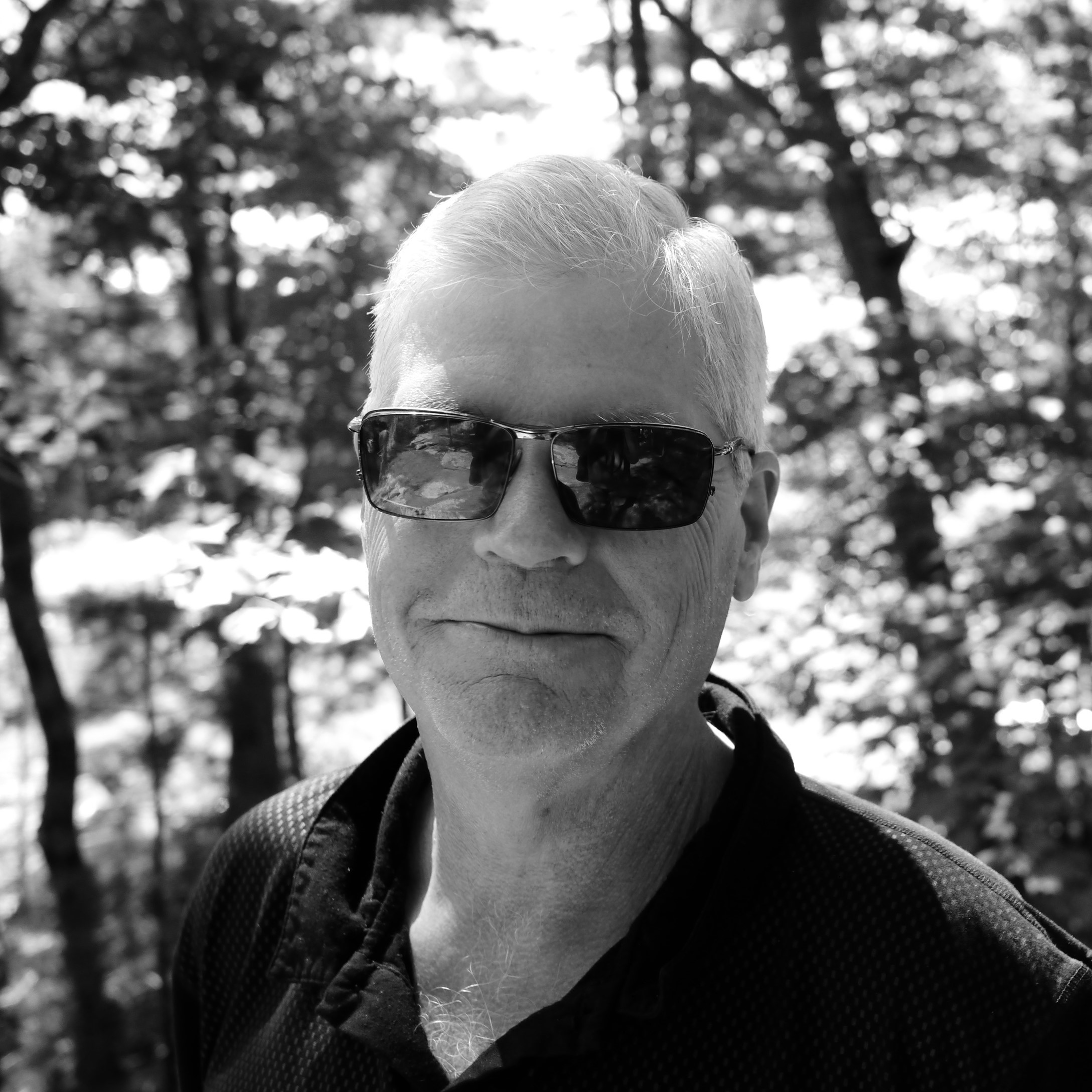
Board Member – Kevin Reid
Kevin Reid joined the A/OFRC Board in September 2014. Kevin was the Fisheries Scientist for the Ontario Commercial Fisheries’ Association (OCFA) from 2002 to 2020, but he has been involved in Great Lakes fisheries research and management since 1985. A graduate of the Honours Fisheries Science Program at the University of Guelph in 1984, Kevin has worked as a professional fisheries scientist since 1989 when he graduated from Trent University with a M.Sc. degree from the Watershed Ecosystems Graduate Program while studying the rehabilitation of pike spawning habitat. He has worked with the commercial fishermen and fish processors of various Great Lakes since 1992. He previously served on numerous fisheries committees such as the Fisheries Advisory Councils for Lake Ontario (2004-2020), Lake Erie (2002-2020), Lake Huron (2003-2020) and Georgian Bay/North Channel (2010)-2020. Kevin received a doctoral degree in Ecology at the University of Guelph in 2016 where his research was focused on Bayesian methods for risk assessment and management of Great Lakes fisheries. He has successfully completed the Indigenous Canada course at the University of Alberta, and the Cross Cultural Environmental Awareness Training from 4 Directions of Conservation Consulting Services.
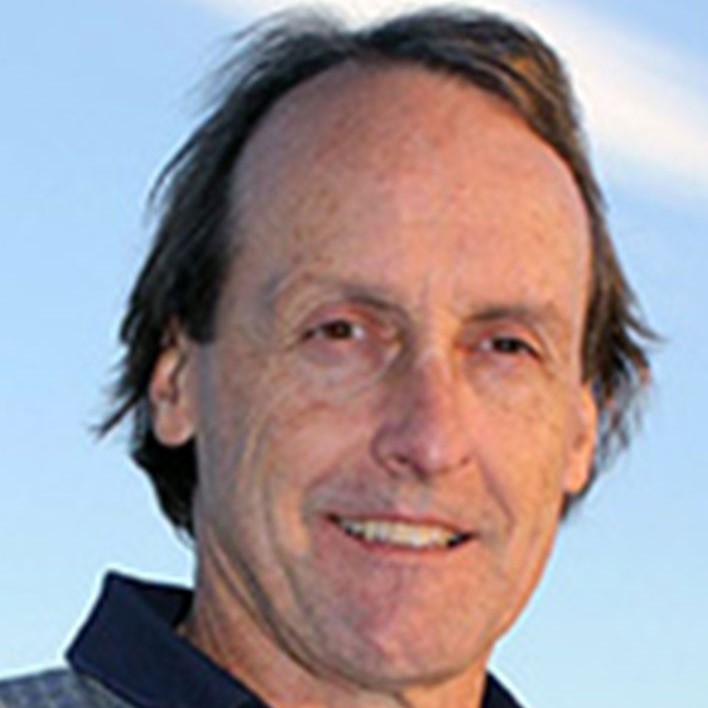
Board Member – Tom Whillans
Tom is an ecologist with particular interests in fisheries, fish habitat, wetlands, co-management, community development, traditional knowledge, watershed restoration, historical ecology, biodiversity, restoration ecology and related environmental problems. His Ph.D. was in fisheries ecology, in the Department of Zoology, University of Toronto. From 1983 to 2022 he was a Professor in what is now the School of the Environment, Trent University, serving as Chair for nine of those years. He remains there as Professor Emeritus. He helped to develop and taught in 14 undergraduate and three graduate degrees at the university. Relevant to the A/OFRC, he had a key role in the creation of the B.Sc. in Ecological Restoration and two Indigenous Environmental degrees (B.A./B.Sc.). For the past 40 years he has been involved particularly in the development of the community-based research and education options at the university.
Most of Tom’s research has focused on problems in the binational Great Lakes basin, although he worked in both the Northwest Territories and South America on issues relating to Indigenous involvement with natural resources and the management of watershed and aquatic resources. His research has related notably to community-based aquatic science, especially the rehabilitation of lakes, fisheries, wetlands and watersheds. He has served on the boards and management committees of various non-governmental organizations, including long-standing roles on the Committee of Advisors for the Great Lakes Fishery Commission, the Ontario Biodiversity Council, Haliburton U-Links and Watersheds Canada. These organizations focus mostly on natural resource management, ecological restoration, community and public engagement.
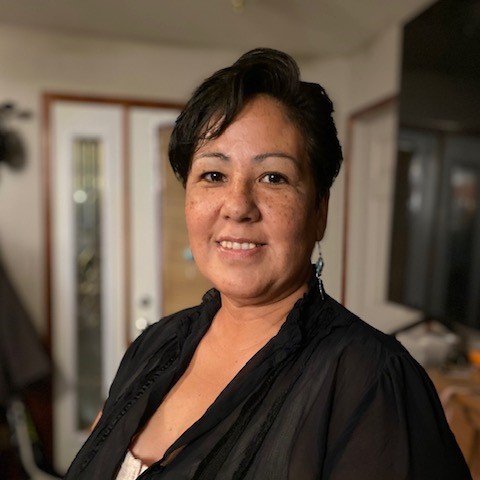
Board Member – Nicole Monague
Hello, my name is Nicole Monague. I am from the Kettle and Stony Point First Nation.
I am a devoted Ojibwe Language and Land Based Education teacher. I have dedicated many years to my community and its’ education system both as a student and teacher.
Many of my teachings revolve around the water and the land and the importance of keeping them safe for the next seven generations.
It is a great honour to be asked to serve as a board member of the A/OFRC.
I am a firm believer that hard work, dedication and working together as a team will make the difference as we move forward!
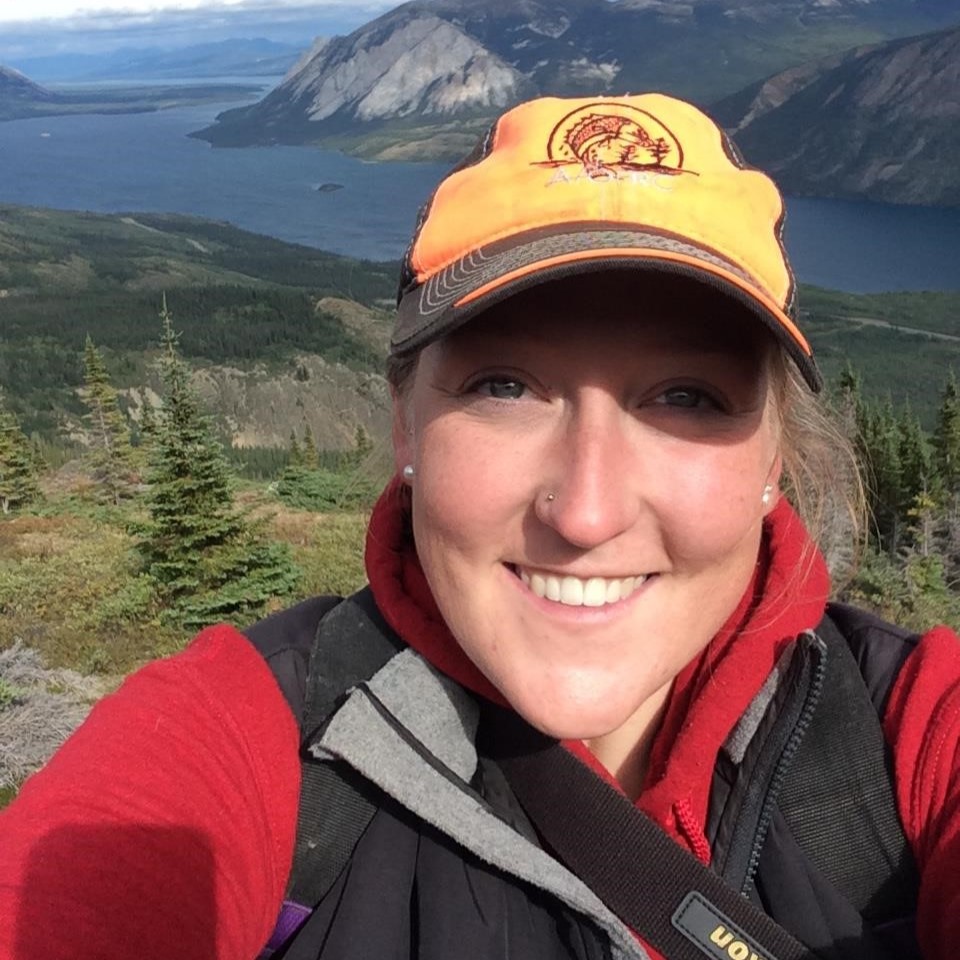
Board Member – Lexi Sumner
Lexi is a Senior Biologist with the Sea Lamprey Control Centre at the Department of Fisheries and Oceans (DFO). In this role she leads a team that conducts fish assessments on tributaries to the Great Lakes targeting larval sea lamprey, an invasive and destructive fish in the Great Lakes Basin.
Prior to joining the DFO, Lexi was a Fisheries Biologist at the Anishinabek/Ontario Fisheries Resource Centre (A/OFRC) for four years. At the A/OFRC, she worked with partner communities to develop and undertake fisheries assessments across Ontario. Projects Lexi worked on while at the A/OFRC include a lake sturgeon telemetry project in partnership with Garden River First Nation, a walleye spawning project with Magnetawan First Nation, and a fish community study with Dokis First Nation.
Lexi worked briefly with the North Bay District MNRF office as a technician, conducting angler surveys on Lake Nipissing. Lexi earned her Master’s of Science degree from Laurentian University, where she studied environmental and climatic drivers of mercury accumulation in Ontario fishes at the Living with Lakes Centre, and her Bachelor’s of Science degree from McGill University.
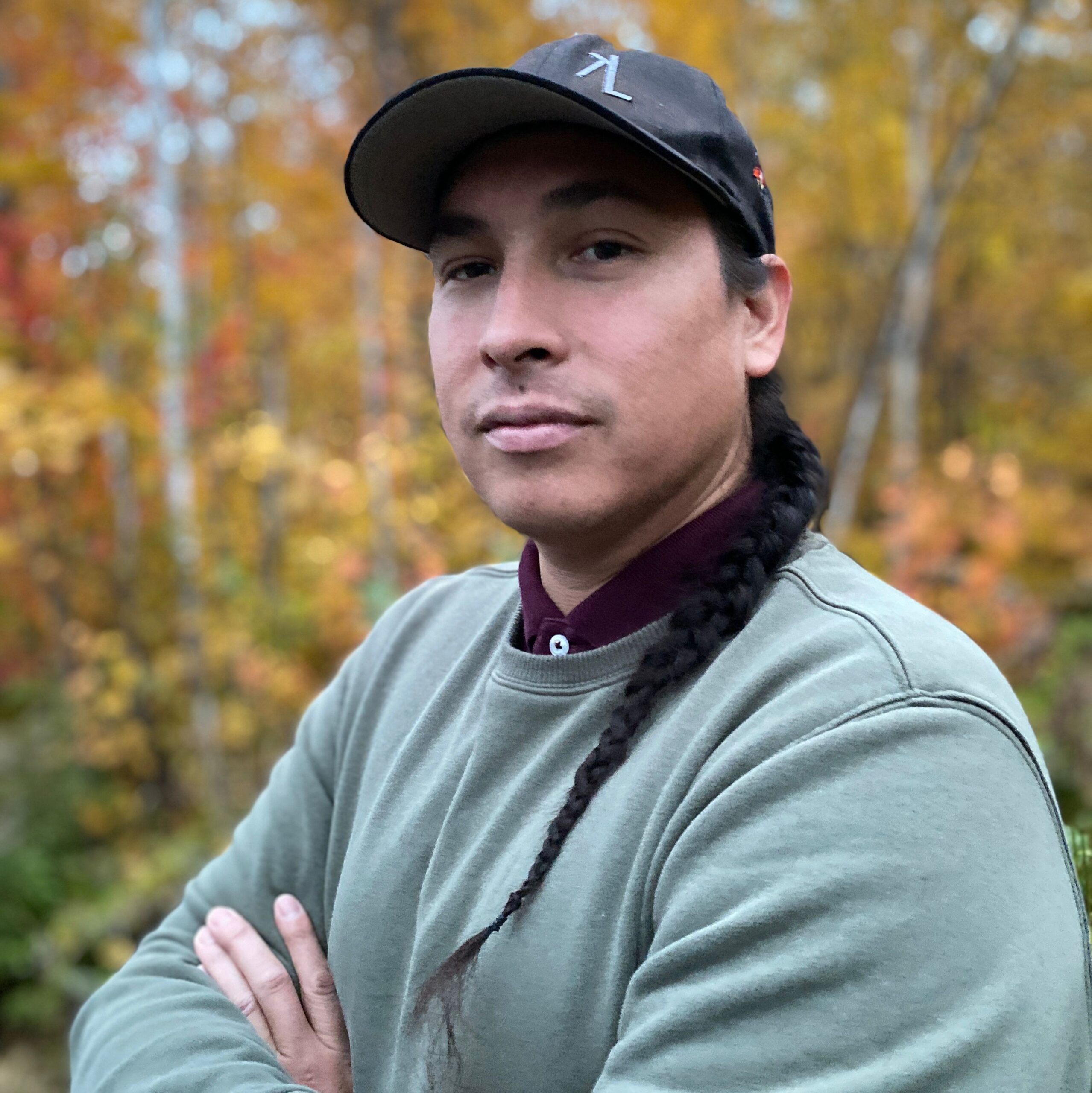
Board Member – Curtis Avery
Curtis Avery is a proud member of Nipissing First Nation (NFN), where he currently serves as the manager of the Environment Department. With roots in both M’Chigeeng First Nation and Nipissing First Nation, Curtis deeply connects to his Ojibway heritage. He is committed to contributing positively to his community and protecting Ontario’s Treaty Lands. Raised in Sudbury, Ontario, Curtis was directly exposed to the environmental alterations of the ecosystem and the associated changes to the Use-and-Occupancy of indigenous peoples in the area, all changes brought on by various industrial activities. This exposure sparked his interest in the intricate web of interactions and human relationships within the natural world, motivating him to earn a Bachelor of Science in Environmental Biology and Technology. Curtis has served many years at the Anishinabek/Ontario Fisheries Resource Center, where he now proudly serves as a board member.
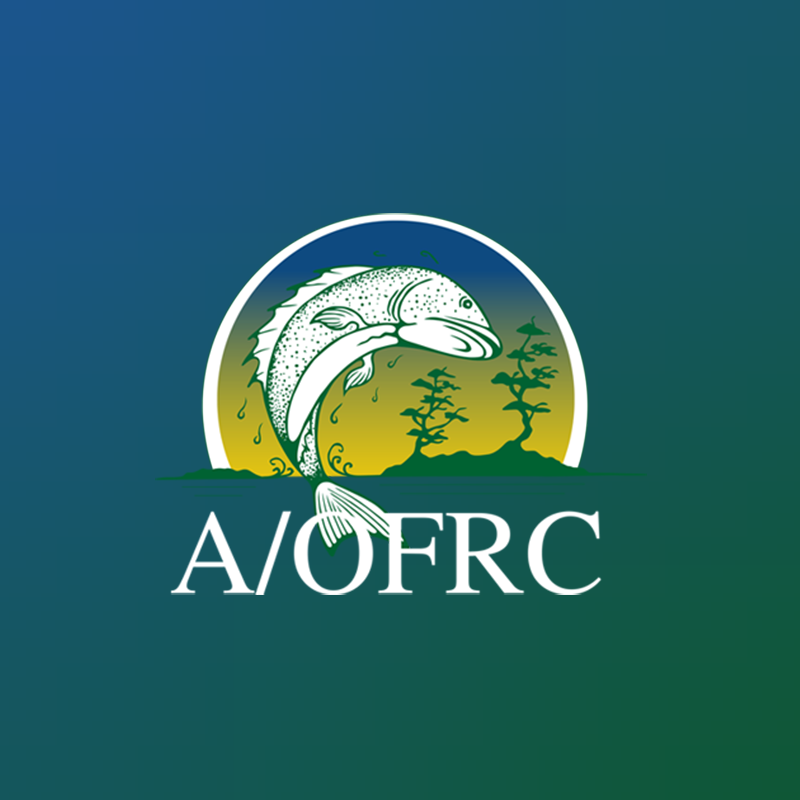
Board Member – Rhonda Gagnon
Information coming soon.

Board Member – James Marsden
Information coming soon.

Board Member – Tim Haxton
Information coming soon.

